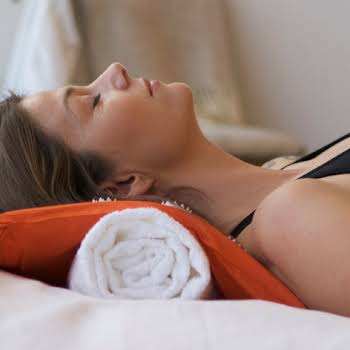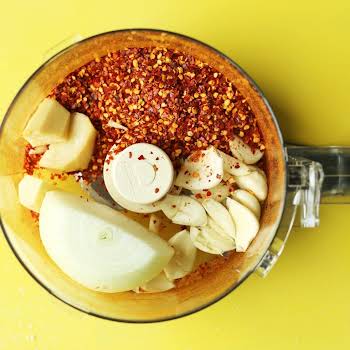
Feeling tense stuck indoors? Doing these 4 things could help ease your stress levels
With our normal day-to-day disrupted as we battle COVID-19, life has been pared back. It is down to appreciating the smaller things as we wait for this storm to pass.
But, has anyone else found their stress-levels go sky-high? This week, in particular, I’ve started to focus on doing little things that might help alleviate some of the stress. Self-care as a term is overused, but its premise remains important – especially over the coming weeks. In researching what might actually be effective and help me breathe a little easier (I’m one of those people), science has said that doing any of these four, very simple things should help a little. The best bit? We can start doing some of them right now (and we won’t be breaking social distancing).
Have a good cry
Japanese researchers say tears of sadness are just as powerful as tears of happiness when it comes to reducing stress. This is because crying relaxes autonomic nerves by stimulating parasympathetic nerve activity. Japanese academic Hidefumi Yoshida says “Crying is an act of self-defence against accumulating stresses.” He is so taken with the idea that he’s become a ‘tear teacher’, travelling the country to give lectures to schools and businesses about the benefits of crying in conjunction with Toho University. “The act of crying is more effective than laughing or sleeping in reducing stress,’ he told the Japan Times. “If you cry once a week, you can live a stress-free life.”
Soak in a bath
According to researchers, a regular warm bath can have a greater effect on mood than physical exercise. A study reported in New Scientist recently found that taking regular afternoon baths was associated with a moderate but persistent lift in mood among people with depression and those prone to stress. Researchers from the University of Freiburg asked 45 people with depression to take a 30-minute bath every night for eight weeks. They were then given warm blankets and a hot water bottle and told to relax for 20 minutes. This routine appeared to boost their mental wellbeing by eight points – three points more than other participants with depression who exercised for 45 minutes a week. Their reasoning goes that bathing in water heated to just above your body temperature can help synchronise and strengthen your circadian rhythms, as people with depression often have a delayed or disrupted body clock.
Think (and write down) happy thoughts
To find out if positive thinking really works, researchers recruited 71 participants between the ages of 19 and 77 years old and split them into two groups in a study published in the British Journal of Health Psychology. One group was instructed to log “the most wonderful experiences of their life” for 20 minutes per day for three consecutive days, while the second was told to spend the same amount of time writing about more neutral subjects, such as daily tasks. After comparing the participants’ anxiety levels before and after the experiment, the research showed that those who wrote about positive experiences had less stress, anxiety, and physical complaints than those who did not.
Enjoy drinking those cups of tea
In a 2017 study published in the journal Nutrients, participants who regularly drank decaffeinated green tea reported feeling much less stressed out over the course of the one-week experiment. And green tea isn’t the only tea that’s been connected to lower stress. In a 2010 study done by researchers from University College London, drinking black tea decreased people’s stress levels over a six-week period. Any excuse for an extra cuppa…
























